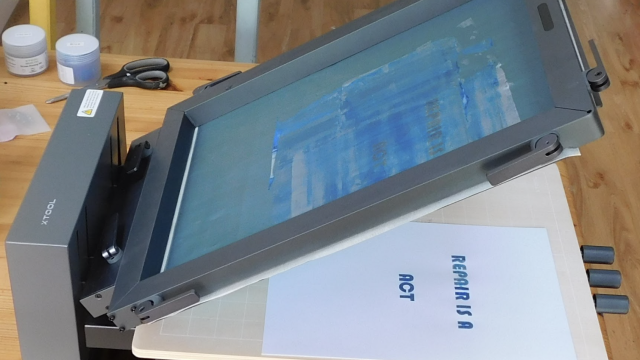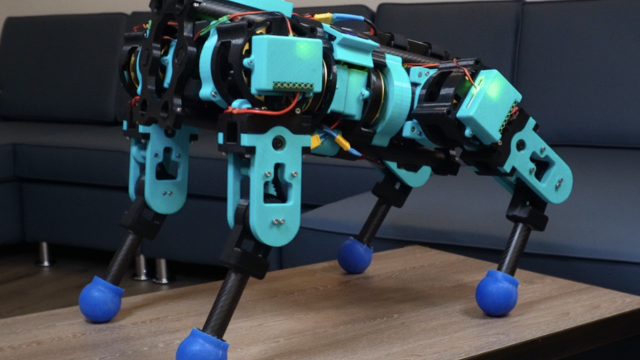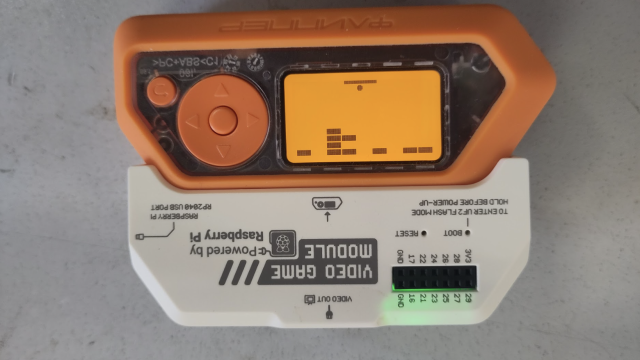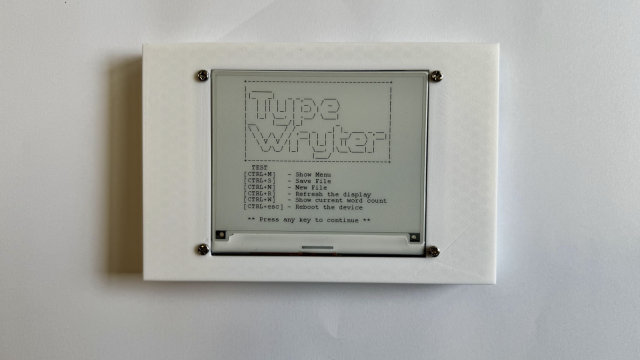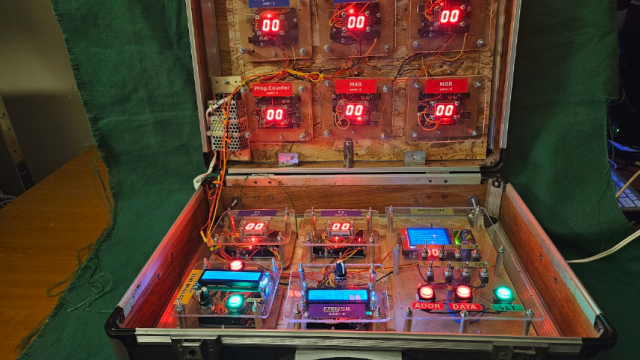While many of the components could be sourced from other countries, China often provides the least expensive option for classroom staples like LEDs, batteries, and resistors. This means that tech classrooms operating on a fixed budget will see substantial cost increases for basic consumables this coming semester.
Unfortunately, most public school teachers do not have flexible budgets; budgets already tightened by Trump administration reforms to the US educational system have fixed limits set by voters, with budget increases typically set through a voting process that is reactionary at best. As a result, these price increases will simply mean less material for teaching, or perhaps the outright cancellation of some science and technology curricula. This reduction in access to science and technology education could hurt America’s long-term competitiveness in technology.
Ironically, the new tariffs “do not include goods commonly purchased by American consumers such as cellular telephones or televisions”, as stated in the USTR’s press release (the full release is also viewable online at hsmag.cc/xkmPIM).
This policy is short-sighted. Big companies, with the resources to organise thousands of overseas workers making TVs and mobile phones, will have their outsourced supply chains protected, but small companies that still assemble valuable goods from basic parts inside the US are about to see significant cost increases.
Ultimately, this policy encourages companies of all sizes to build their products somewhere outside the US.
Normally, one would expect finished goods to be taxed, with proceeds used to subsidise the cost of raw materials, improving the competitiveness of domestic manufacturing, and encouraging the onshoring of IP and jobs. Thus, it seems this trade policy is not designed around any sound economic principle; rather, it’s meant to appeal to voters.
Therefore, from the standpoint of the Trump administration, the metric for success or failure of its trade war policy is going to probably just be the outcome of the November mid-term elections, and little else beyond that.

